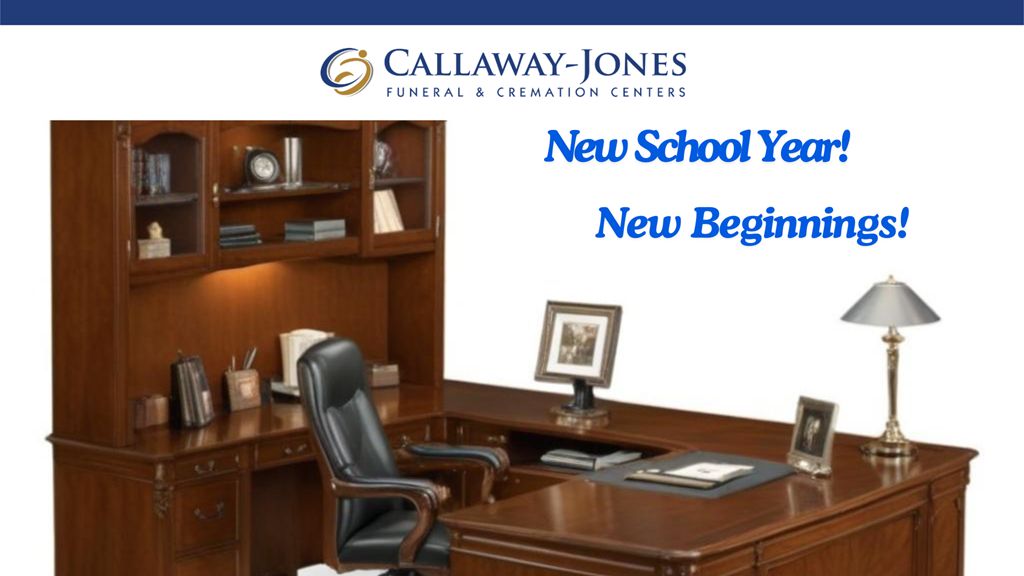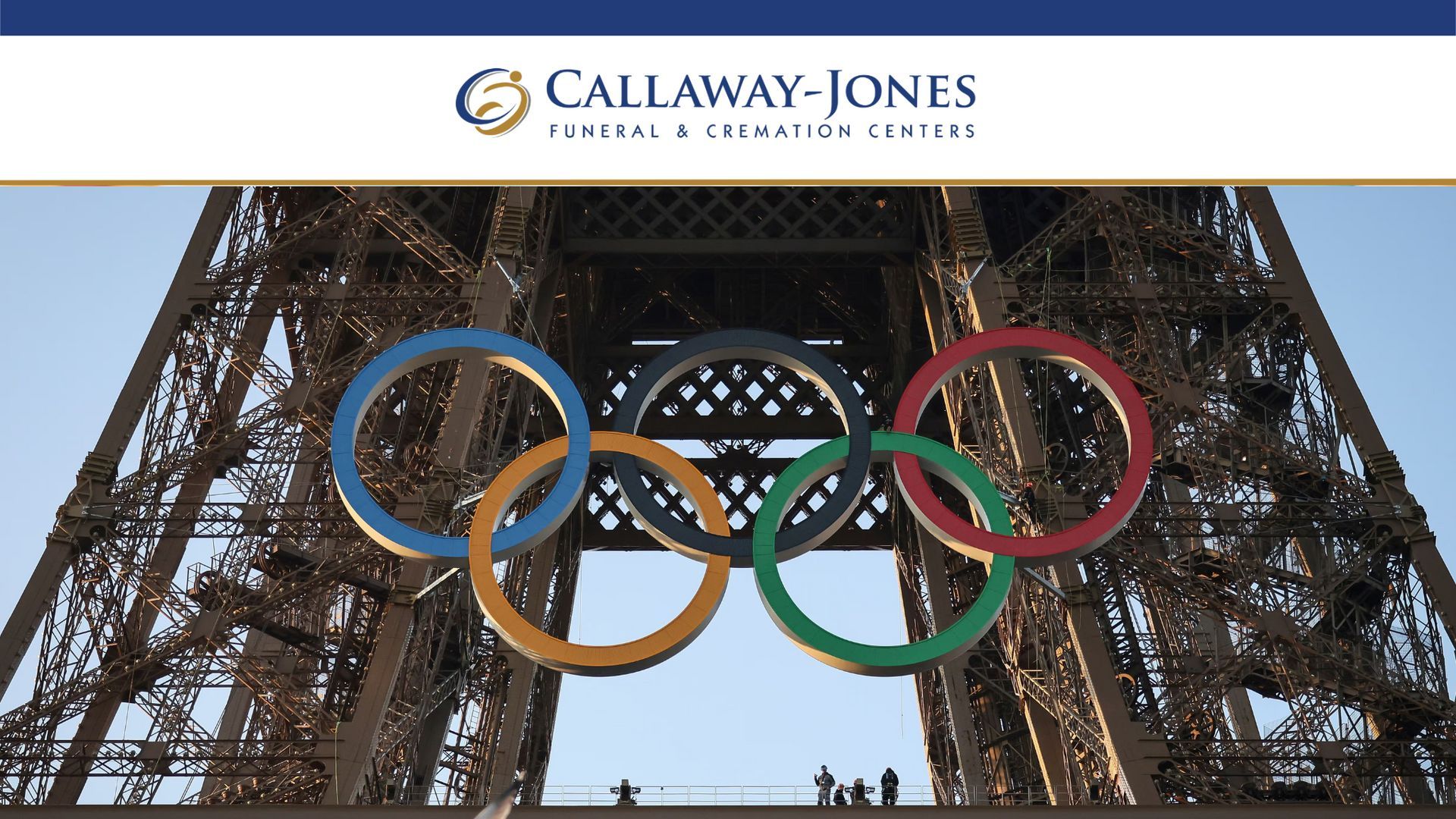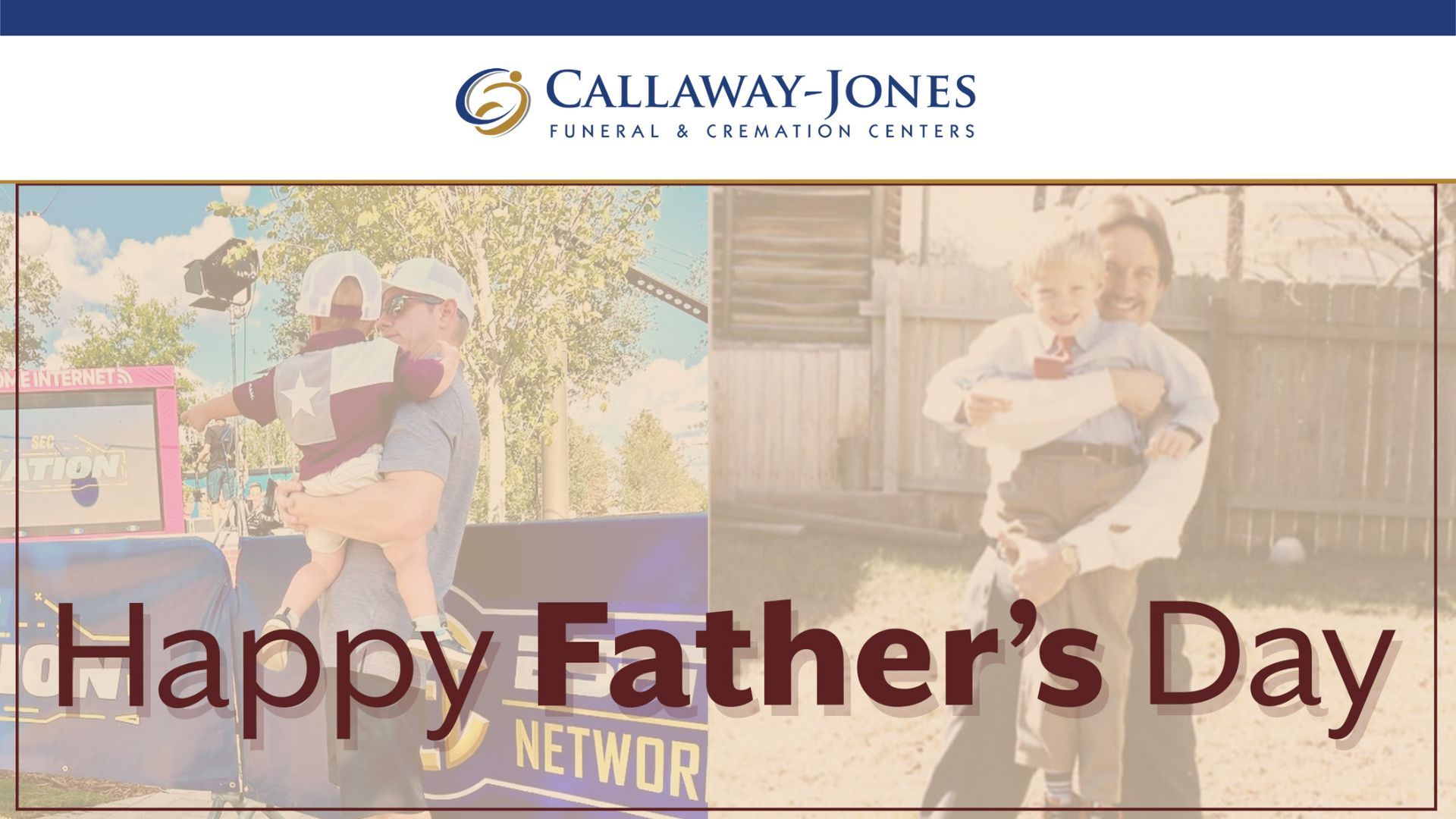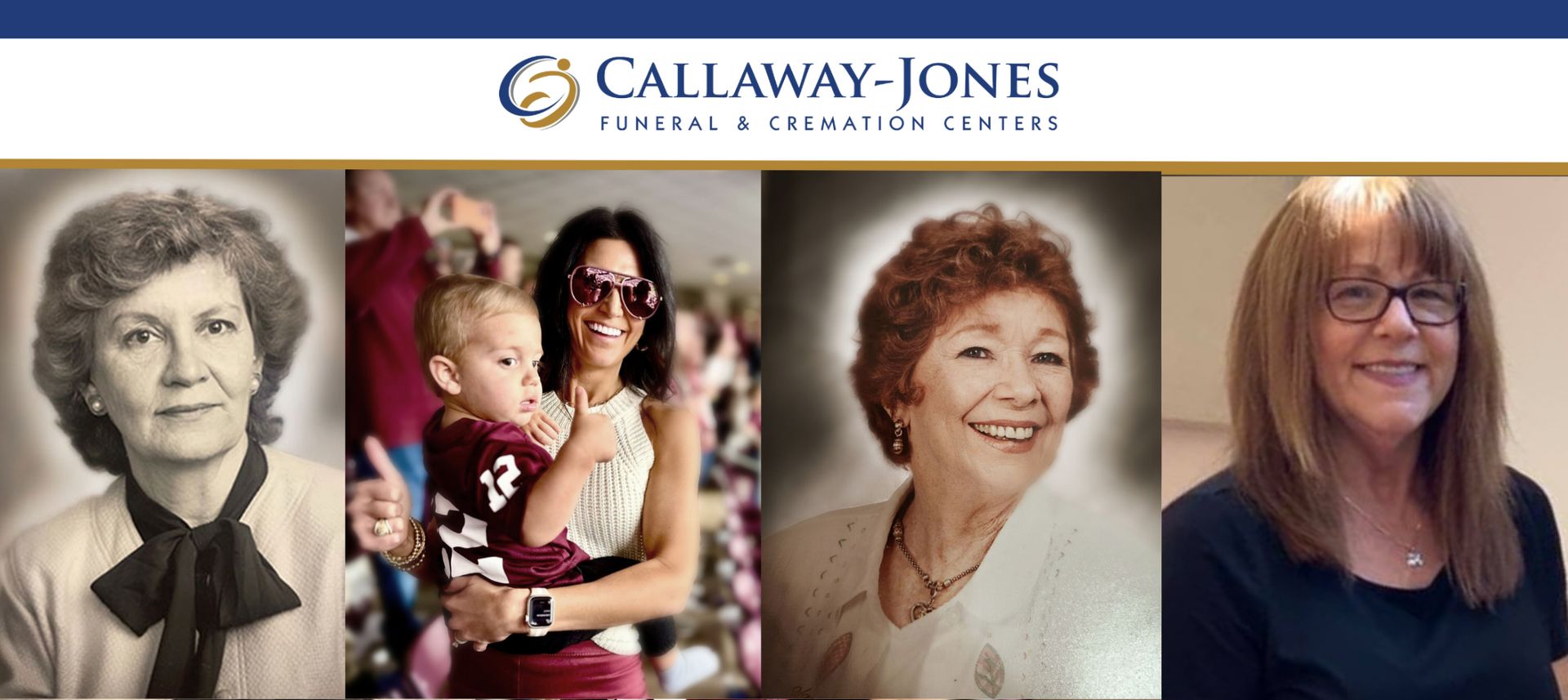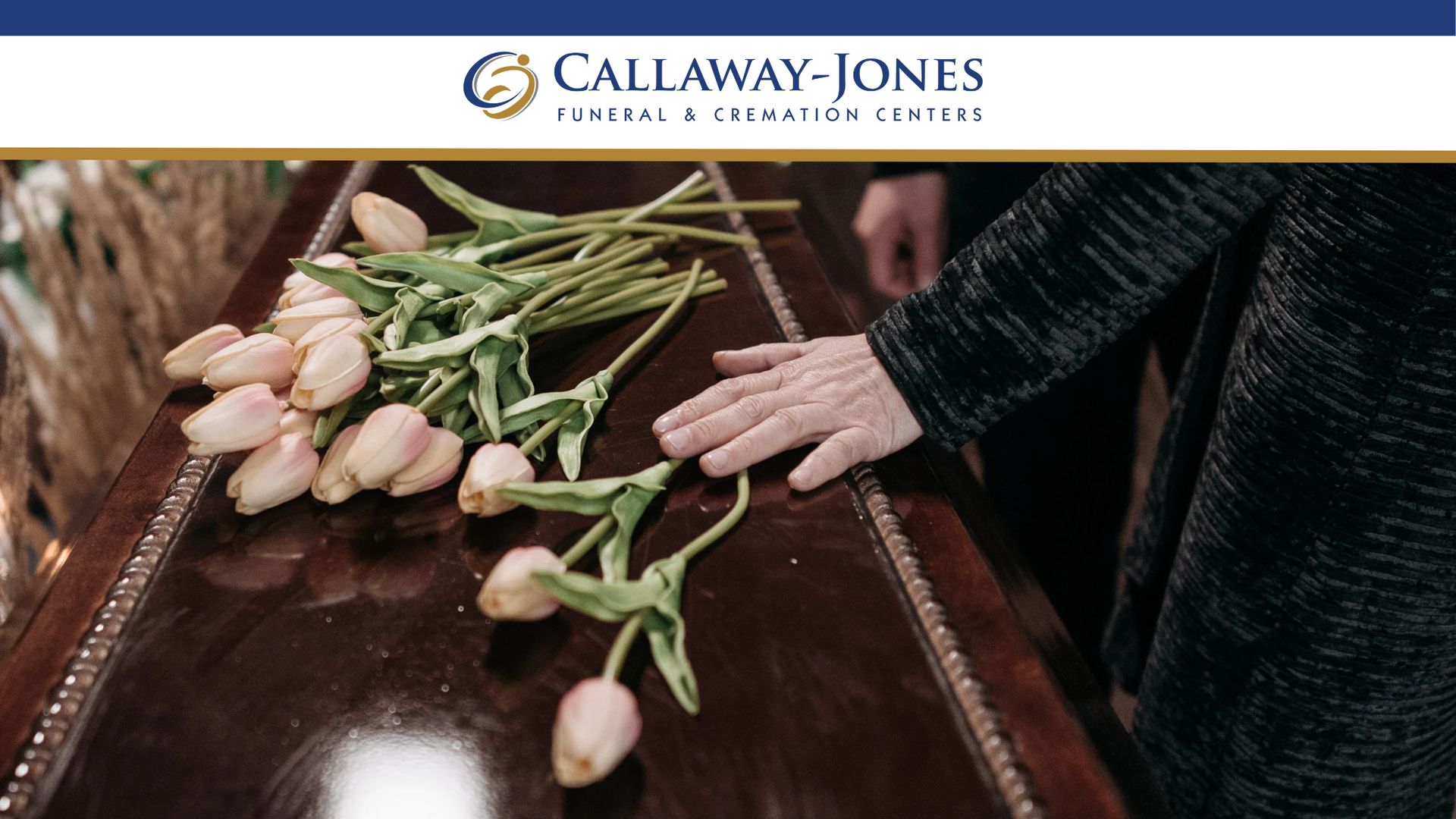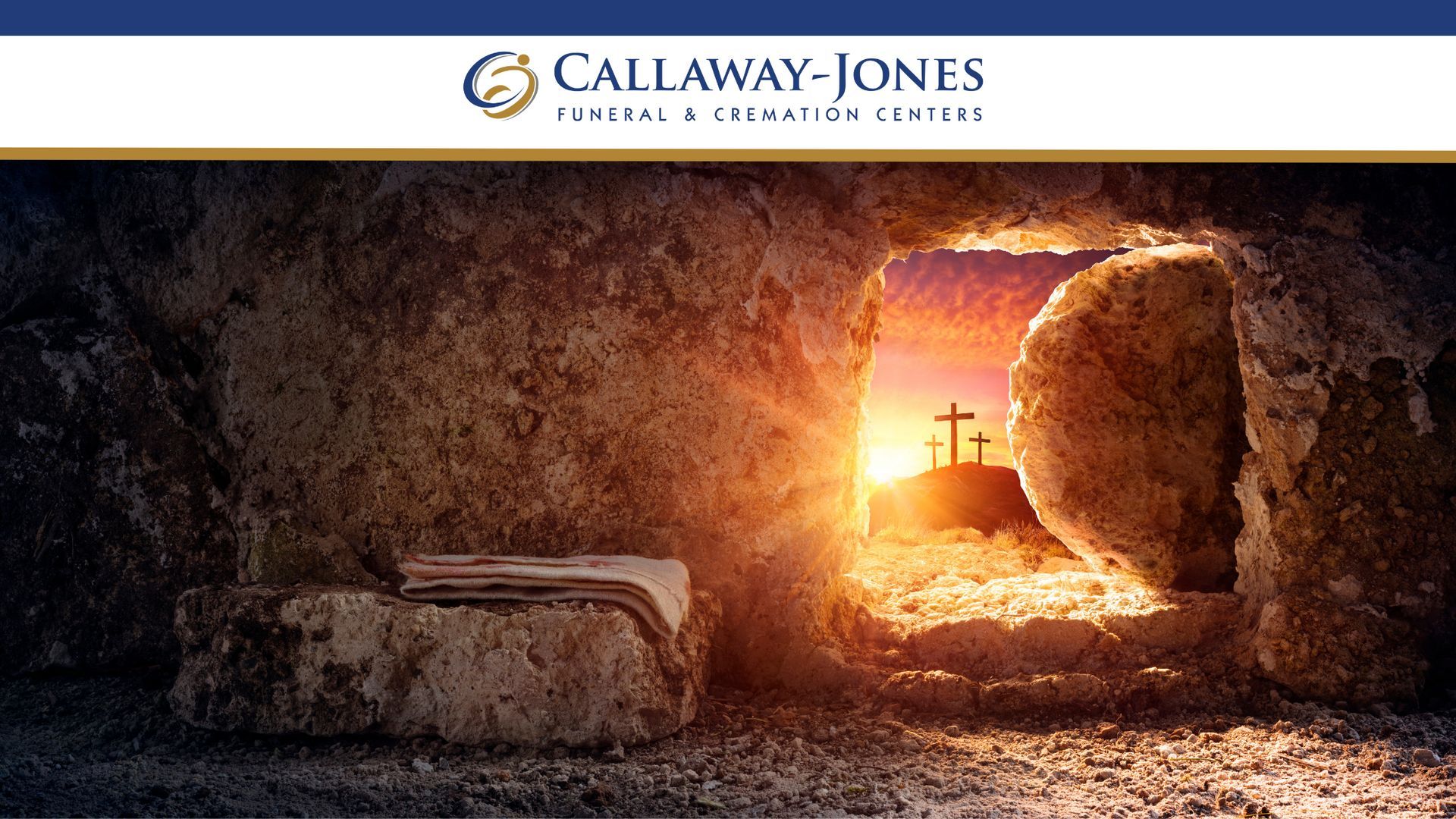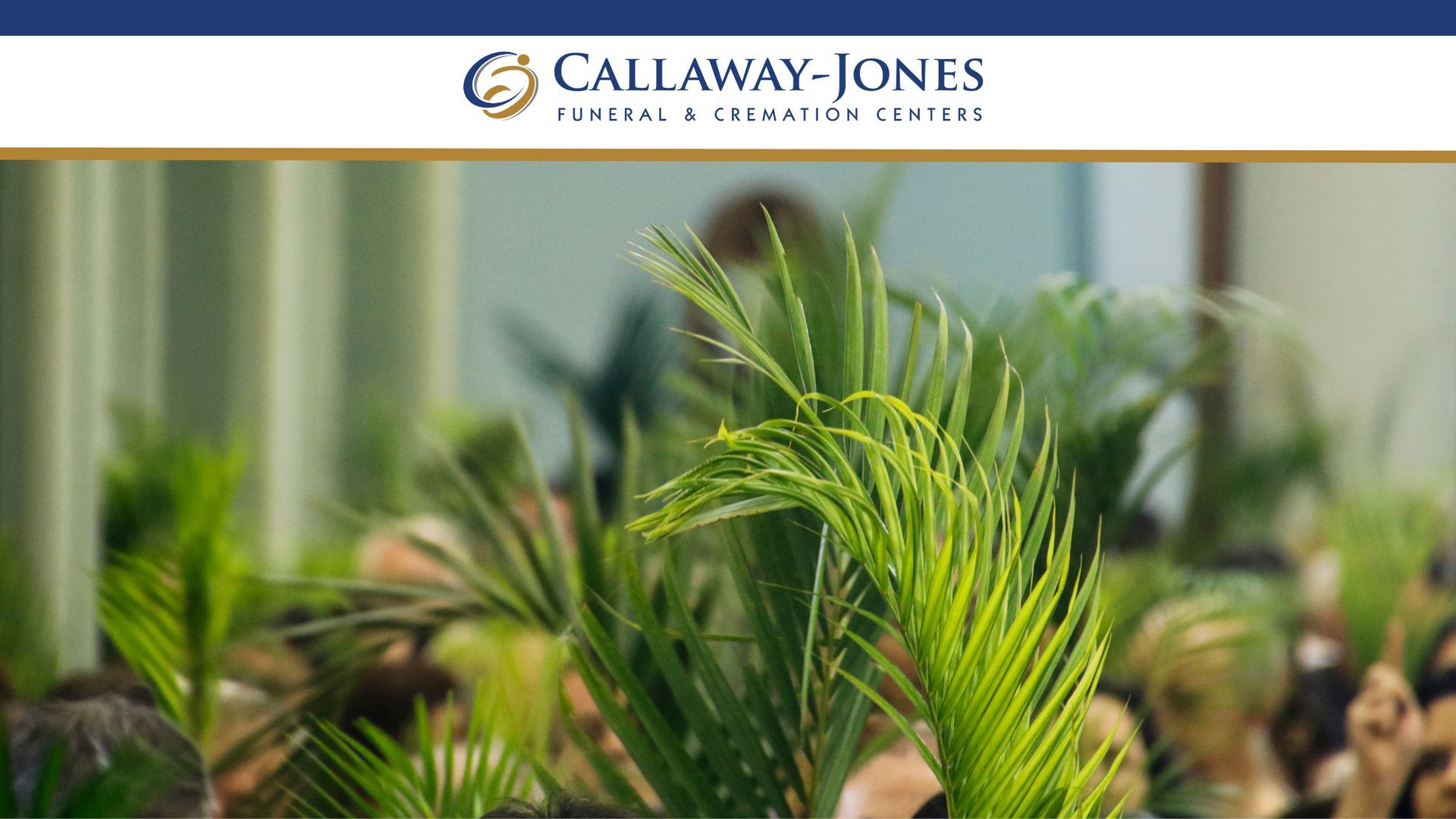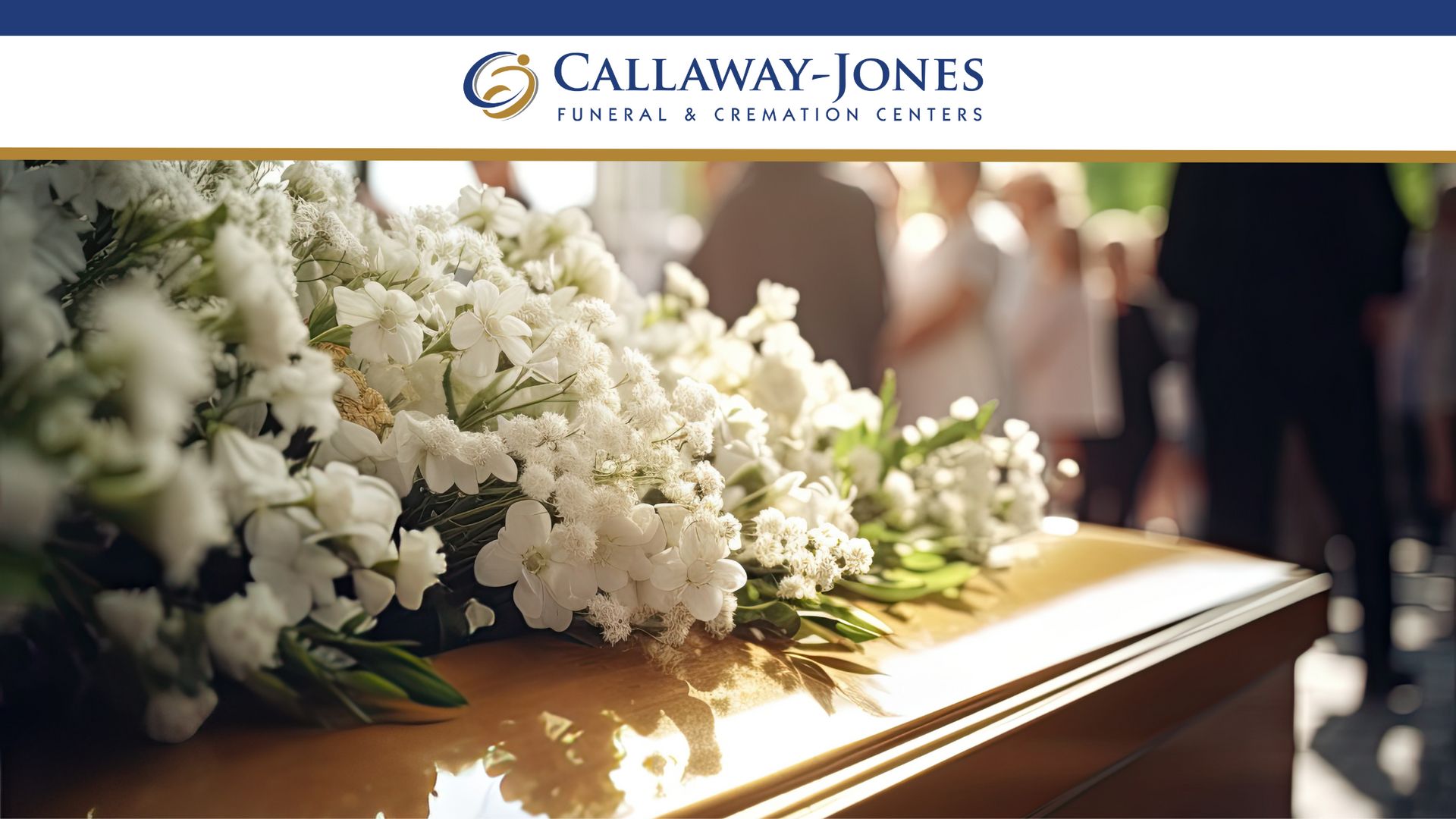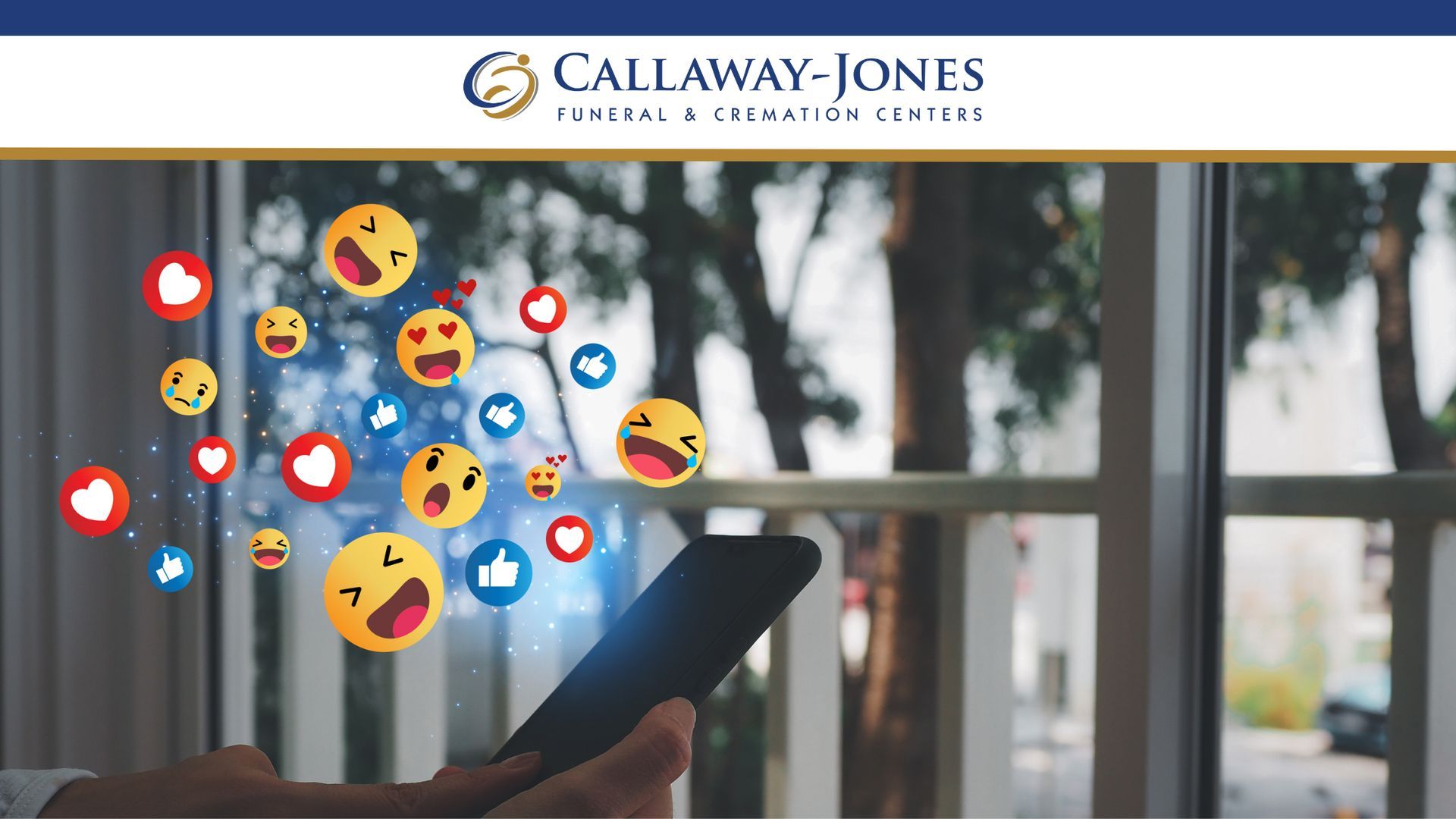Preserving Living Memories
On this day in 2001, our world came to a halt as our lives changed forever. For some adults who’d been through World War II, they were no stranger to announcement of episodes of attack and nationwide fear that followed. Taking down the World Trade Center and the attempted takedown of the Pentagon took with it lives of people whose names are remembered today all over the United States. The instance of those losses of life gave rise to the need to remember loved ones. So many questions, like what were their names, once they could be identified, and who are their families, what role did those whose lives were lost fill in their home communities? How many people were counting on them?
The Harvard Gazette reported a few years ago that “those with strong social support experienced less mental deterioration as they aged.”
“The surprising finding is that our relationships and how happy we are in our relationships has a powerful influence on our health,” said Robert Waldinger , director of the study, a psychiatrist at Massachusetts General Hospital and a professor of psychiatry at Harvard Medical School. “Taking care of your body is important, but tending to your relationships is a form of self-care too. That, I think, is the revelation.”
Even 20 years ago, a study published in the Journal of Personality and Social Psychology addressed, “individuals acquire age stereotypes several decades before coming old. When individuals reach old age and the stereotypes become self-relevant, they have already internalized these stereotypes.” Further, “Once individuals become older, they may lack the defenses of other groups to ward off the impact of negative stereotypes…”
However, in 2022, CNN broadcast a story that a scientist, David Sinclair , has reversed aging in mice and believes the same can be done for people.” And in New York’s Mt. Sinai School of Medicine, researcher and professor Charles Mobbs has studies supporting that their team has found a molecular trigger that helps prevent aging and disease.
What this means is that in the past 20 years since 9/11, researchers have rushed to find ways and means of prolonging life, with an eye on staving off the typical aging diseases and reversing the general process of declining bodies due to age. Especially in the Brazos Valley, we find that daily photos of residents turning 104 and 105 are becoming more normal than rare. So many of these people have sharp minds and even sharper memories. These are the people who family should embrace, talk to, interview, record on camera, and take voluminous notes about not only other family members, but about the times in life they grew up in.
Where did they live? How many family members in one house? What was transportation for them? What invention came about in their lifetimes that made a real change in how they felt about the future? What advice did they have for this generation and the one still to come. Imagine what it would be like to hold in your hands a letter or group of memories that were written in 2022 about someone born in 1932? What if that person read those memories in 2052?
Our stories are our legacies to gift to the generations ahead, as they were passed all along to those of us in the Baby Boomer generation.
Whether we lose people to a senseless tragedy or to the general process of aging—loss is a real thing, and we spend an extreme amount of time coming to terms with who and what we lost. Of all the losses we encounter, the ability to say “I love you” out loud to someone and have them hear you and respond is just one. To many of us, it is the most important.
Observing benchmarks and milestones in our lives surrounded by people who have gone before us, and whom we expect to be there for us always, is a gift that can be gone in the blink of an eye. Although these past 21 years since 9/11 have brought some peace and understanding in our hearts, we still envision our missing loved ones in our memories and wonder how they might feel if there could just see our son’s football games, our daughter’s wedding, and all those “together times” that make up landmarks in our family history.
When we observe a special event, rarely do we watch with an eye on “remember this always because they won’t be here next year.” That sounds dismal and negative. But when you have a large family, someone is always busy in school, in sports and extracurricular activities and in attending all the family events where our presence makes a difference can be a challenge. Sometimes you have to prepare a spreadsheet for grandparents to see who all can make what event so a child always has family coverage. Living memories are a positive and lasting way to preserve important moments in our lives, for the time in the future where someone wants to know more about our families.
What was it that Grandpa always used to say whenever someone asked him how he was doing? Do you remember what Mom and Dad’s favorite song was, the one they danced to at their wedding? What was Nathan’s favorite song as a teenager? He wouldn’t stop playing it over and over in the car, drove us crazy?
So many nuances make people distinct in our minds. Characteristics of what they wore, maybe a special perfume or after shave, a kind of t-shirt they like best, a song, a phrase, a poem, or a Bible verse might be as unique to a person as their own fingerprint. When we describe the people we love, right after we’ve lost them, we scramble sometimes in our minds to remember things about them that stood out for us.
Under pressure or time deadline, the memories don’t always come to mind the way we’d hope. So, in addition to reflecting on 9/11 as a day of tragedy and need to be rescued by our first responders, who did so admirably and beautifully, let us also vow to “do better,” by keeping in regular touch with our seniors, providing them positive, upbeat ways to let them know they are vital and needed in the lives of your families. Record the family members on video, save their handwritten notes, start scrapbooks of reunions and any family gatherings that come up. Study the latest news and ask questions during doctor’s appointments to see what is the latest way to either prevent or slow down some of the diseases that attack a troubled body system and helps to age gracefully. Stay positive and upbeat, active and healthy for a long and very satisfying life. Live your best life starting today.
Cody D. Jones ’02
Owner & Community Member
